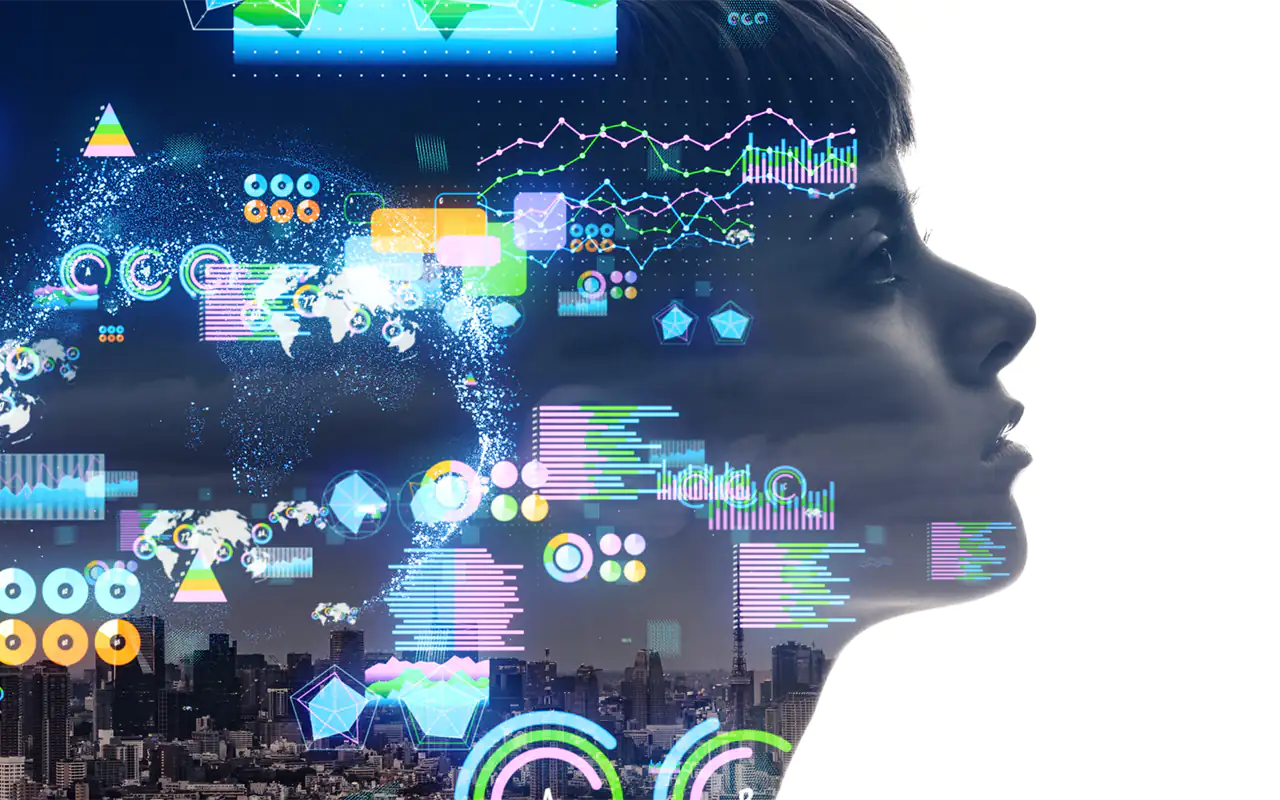According to the World Intellectual Property Organization, the term Author’s Rights (Copyrights) describes the rights of creators in their literary and artistic works. Works subject to copyright protection range from books, music, painting, sculpture, and movies to computer programs and video games.
In Panama, Law 64 of October 10, 2012 (Law on Copyright) defines the author of a work as the original owner of the moral and patrimonial rights of that work, who can assign the latter (patrimonial rights) to other natural persons or, even, to legal persons (corporations). It is presumed the author, unless proven otherwise, who appears as such in the work by his name, signature, or sign that identifies him.
The patrimonial rights, from which the economic rights generated by the Copyright emanate, usually last the life of the author and seventy (70) years more and are transmitted to his heirs by cause of death following the provisions of the Civil Code. The expiration of the patrimonial rights causes the entry of the work into the public domain, which any interested party can then use, provided that the authorship of the author and the integrity of the work is respected (so, for example, works written 200 years ago, do not entail the payment of rights to their original author or their successors).
In a constantly changing world, we now see works such as writings, songs, videos, photos, and even pieces of art generated, in large part or in full, by Artificial Intelligence. In these cases, an interesting question has begun to gather strength in some jurisdictions: Is there a copyright in such a case, and if so, who does it belong to?
This discussion has yet to be debated in Panama’s legislative or judicial sphere. Still, as advances are made in Artificial Intelligence and its integration into our daily lives, answering these types of questions will be necessary, for example, to determine whether a song created almost exclusively with Artificial Intelligence would be protected by copyright.
In our Author’s Rights (Copyright) Law, the term Author refers to a natural person (individual) who performs intellectual creation, therefore copyrights would not apply to works that are not created by a natural person, and therefore, it would be important to consider the degree of human involvement necessary fora work to be considered as such (created by a natural person) and protected by copyright.
Beyond the answer to these questions, it is noteworthy that Artificial Intelligence has shown significant advances to date, bringing closer the need to rethink aspects of copyright that traditionally were not subjected to much debate.
Read more articles here


